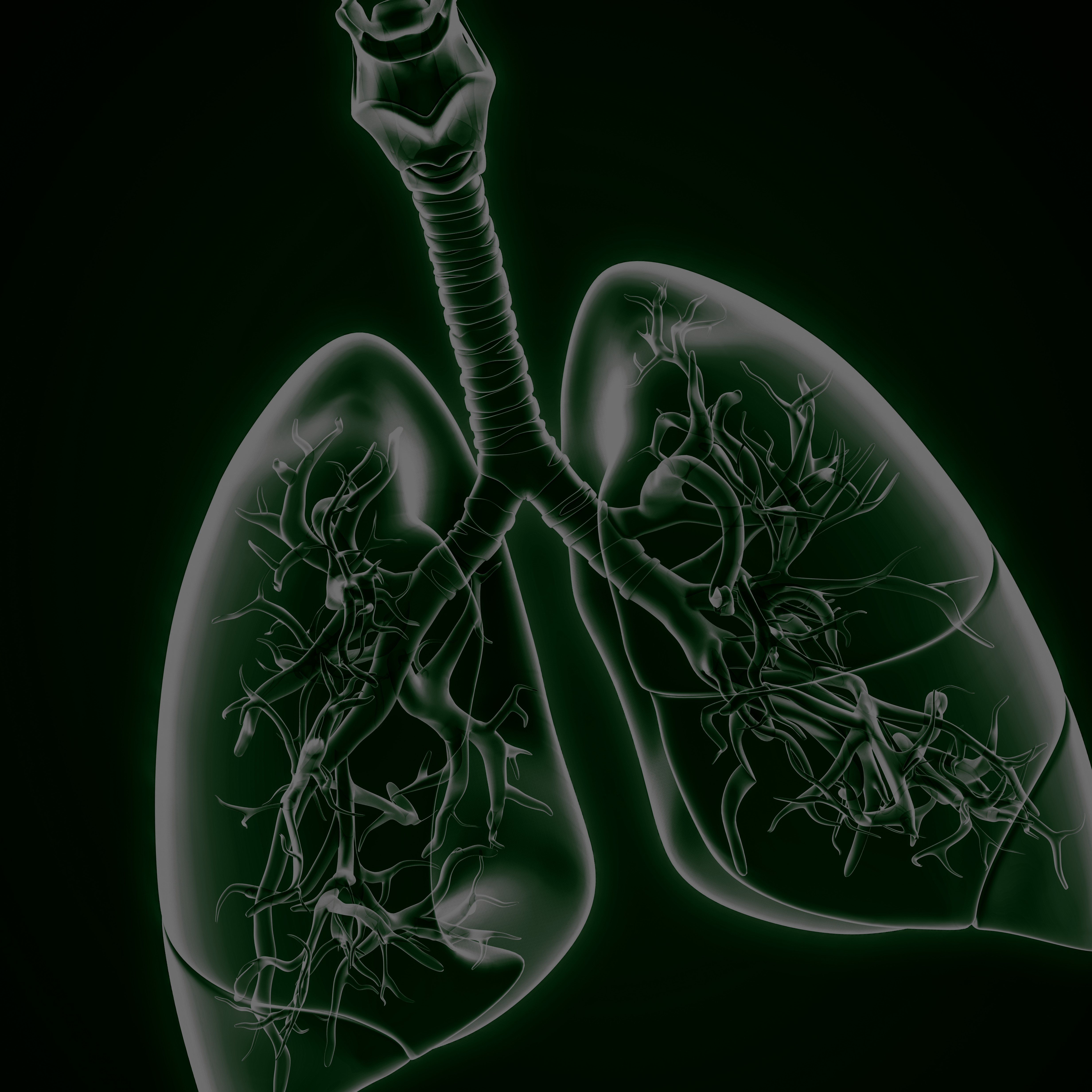Respiratory Failure

When our lungs are unable to supply sufficient oxygen to our blood, it leads to a severe medical condition called respiratory failure. Breathing is a vital function as it enables the transfer of oxygen from the air we inhale into our bloodstream, which is essential for the proper functioning of our tissues and organs. Conversely, the accumulation of carbon dioxide in the body can damage our tissues and impede the delivery of oxygen.
Acute respiratory failure can occur suddenly, caused by various factors such as pneumonia, stroke, spinal cord injury, or an opioid overdose, resulting in breathing difficulties. In contrast, chronic respiratory failure develops gradually and manifests through symptoms such as shortness of breath, extreme fatigue, reduced ability to exercise, and drowsiness.
Doctors can diagnose respiratory failure by assessing the oxygen and carbon dioxide levels in the blood, conducting physical examinations to evaluate the breathing rate and intensity, and performing lung function tests. For treatment, individuals with severe lung disease and respiratory failure may require supplemental oxygen via nasal tubes or a breathing machine, such as a ventilator.

